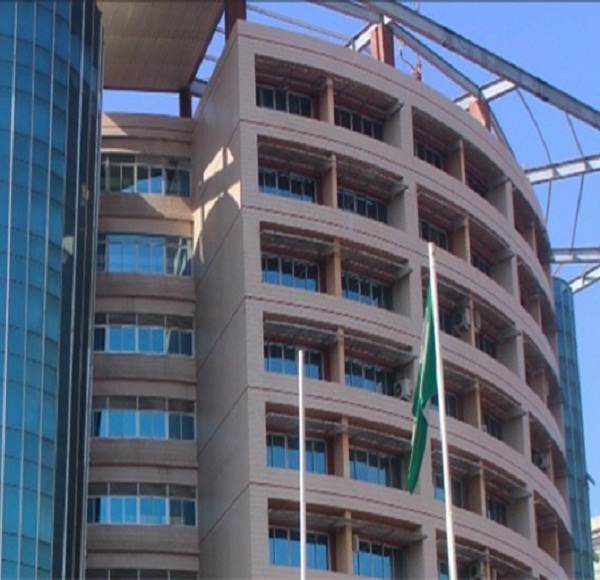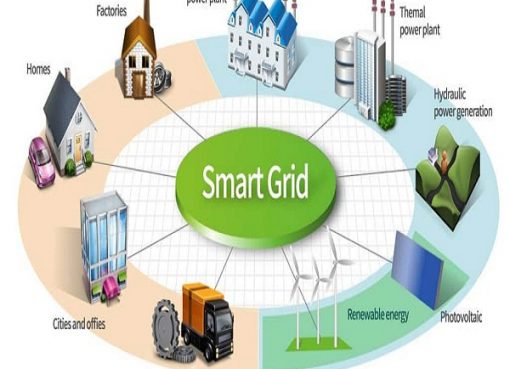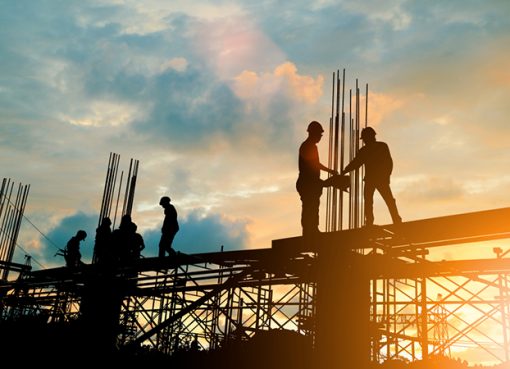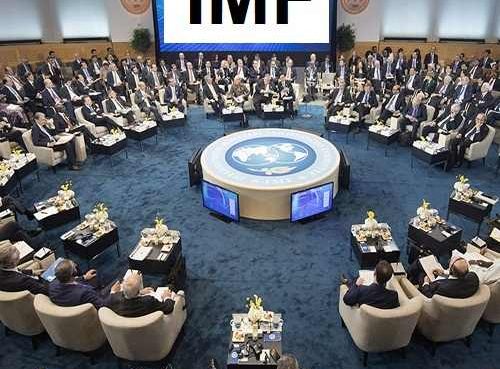With eyes on the Information and Communications Technology (ICT), especially telecoms, which has remained resilient in the face of the pandemic to hasten economic recovery, Nigeria awaits the InfraCo revolution.
Broadband has become a key priority of the 21st Century, and its transformative power is fast becoming an enabler for economic and social growth. This makes it an essential tool for empowering people, creating an environment that nurtures the technological and service innovation, and triggering positive change in business processes and the society as a whole.
There is no gainsaying the fact that increased adoption and use of broadband in the next decade and beyond will be driven by the extent to which broadband-supported services and applications are not only made available, but are also relevant and affordable for consumers.
While the benefits of a broadband-enabled future are manifest, a broadband revolution will definitely fuel the need for increased infrastructure upgrade and expansion.
Despite being a developing country, Nigeria, its sheer size and diversity makes it challenging, both for policymakers and service providers.
The speed and scale of take-up for mobile phones has been staggering, but until recently this has not been matched by Internet take-up. However, mobile broadband has accelerated the number of Internet users and looks set to increase overall levels of penetration in the future.
But despite the level of investments that have gone into the sector, about 25 million Nigerians in 114 locations still have no access to basic telephony services.
In recognition of this gap, the NCC had long explained that the best way to roll out broadband infrastructure across the country was through licensing of Infrastructure Companies (InfraCos) to be mandated to deploy broadband infrastructure in different regions across the county.
InfraCos debut
InfraCos are licensed by NCC to provide Layer 1 (dark fibre) services on commercial basis; focus on the deployment of metropolitan fibre, and provide transmission services, available at access points (Fibre to the Node or Neighbourhood – FTTN) to access seekers.
NCC began a phase licensing of InfraCos, and in 2015, it licensed MainOne Cable Company Limited to provide broadband services in Lagos, and IHS to provide broadband services in the North Central geopolitical zone including Abuja.
The InfraCos licences were based on the NCC’s Open Access Model (OAM) in line with the National Broadband Plan (NBP). IHS, however, pulled out of the race, because of its inability to secure a Right of Way (RoW) approval from local and state governments to enable the roll out.
Funding and targeted milestones
About N265 billion is expected to be raised by the NCC and the InfraCos, to be used for the development of broadband infrastructures across the country in the next four years.
Danbatta informed that the InfraCos would raise N200 billion, while the balance of N65 billion would be raised by the Commission, subject to approval by the Federal Executive Council as counterpart funding.
The Guardian gathered that the InfraCo project will be financed yearly, especially from the N65 billion and accessing the fund is subject to the operators meeting the required milestones to be set by NCC within a period of four years from the date of eventual take off of the project.
Some of the milestones InfraCos are expected to meet include having an established the project; must have started digging metro fibre, pilling, cable installation, and must have brought in equipment and got all necessary approvals in the region of interest.
More InfraCos may be licensed
In recognition of the slow pace surrounding the take-off of the project, the Danbatta-led NCC has put up machinery to review the current InfraCo framework, and funding options to be made available.
The NCC informed that the constitution of the committee was sequel to the requirements of the new Nigerian National Broadband Plan (NNBP 2020-2025), and reports of relevant committees set up by the Federal Executive Council (FEC). These include the Inter-Ministerial Review Committee on Multiple Taxation on Telecommunications Operators over Right-of-Way (RoW), and the Technical Sub-Committee on Right-of-Way for Deepening Broadband Penetration in Nigeria.
NCC said these requirements and reports relate to the imperative of reviewing the InfraCo framework to cater for the delays in take-off, change in exchange rate, supply chain and other challenges imposed by the COVID-19 pandemic.
The Committee set up by the Commission has met with all licensed InfraCos and the preferred bidder for the North Central zone. The Committee is also looking at the challenges facing the InfraCo project, the need for accelerated deployment of fibre infrastructure, reducing the exorbitant RoW charges, among others.
The Guardian gathered that the Commission may add additional licensees, about 10, subject to the Federal Government’s approval. Further findings showed that the Ministry of Communications and Digital Economy was mulling the possibility of having an InfraCo per state, but due to the modalities already on ground, had to put the plan aside, but instead canvassed having more players. This is targeted at fast-tracking Nigeria’s march towards enthroning a digital economy.
Projects Update
Providing updates on the status of the InfraCo project, Danbatta, said: “The InfraCo project is dear to the government because of its ability to enhance robust and pervasive broadband infrastructure to drive service availability, accessibility and affordability.
“We are keen on ensuring the project delivers maximum benefits for the economy at large and that is why the ongoing review is very critical to the overall success of the project in line with the new realities of the time.”
Danbatta said the congestion being experienced in the telecoms sector (networks) exposes the inadequacy of infrastructure being discussed.
“The telecoms service providers must be commended because in the face of this challenge of inadequacy of infrastructure, they have at least provided services of reasonable quality. We hope and pray that this will continue despite the challenges.
“Also, this is the time for leveraging the redundancies in order to contain the challenges of (network) congestion. By redundancies, I mean infrastructure redundancies; that is fibre networks.
“Now, we are all convinced that there is an infrastructure deficit in this country, and the quickest way we can address this is to roll out fast; deploying more infrastructure through InfraCos.
“Everything that is needed to commence the infrastructure projects in the various zones, have been done and very soon the Minister of Communications and Digital Economy, Dr. Isa Pantami, will provide the exact time that these projects will kick-off.
“Also, the Government is studying the situations very well. At the same time, the government is convinced in putting in place those measures that will drive the deployment of infrastructure that we are hoping to see,” he stated.
Expected revolution
Stakeholders expect that the changes expected of the InfraCos will include developing network connectivity; unlocking growth through broadband; promote infrastructure sharing; transform the beneficiary states to smart states; and improving rural telephony.
Others are building new revenue streams for the government; transforming Nigeria into digital economy; providing wholesale Layer 2 transmission services on a non-discriminatory, open access, price regulated basis; deployment of metropolitan fibre, and making transmission services available at access points in neighbourhoods, among others.
Commenting, the President of Association of Telecoms Companies of Nigeria (ATCON), Olusola Teniola, said the revolution will be positively.
Teniola said the infrastructure gap in Nigeria is significant and over the next 10 years is estimated by the World Bank Group to be in the order of $100 billion. Out of this, digital economy infrastructure, as highlighted in the Nigerian National Broadband Plan 2020-25, recommends at least $3.5 billion for solid infrastructure to achieve 70 per cent broadband penetration by 2025.
He noted that the Infraco revolution is an important piece to achieve the country’s journey towards an Industrial Revolution 4.0 (IR4.0).
Another telecoms expert, Kehinde Aluko, said for maximum impact, the investors should be encouraged to veer into areas where many consider to be less commercially rewarding, through subsidy, and grants, and be given out to further their interest in such areas.
Aluko said they should also be granted pioneer status as part of the incentives to boost their interest in investing in such areas or zones that may look unattractive.
Soutce: Guardian










